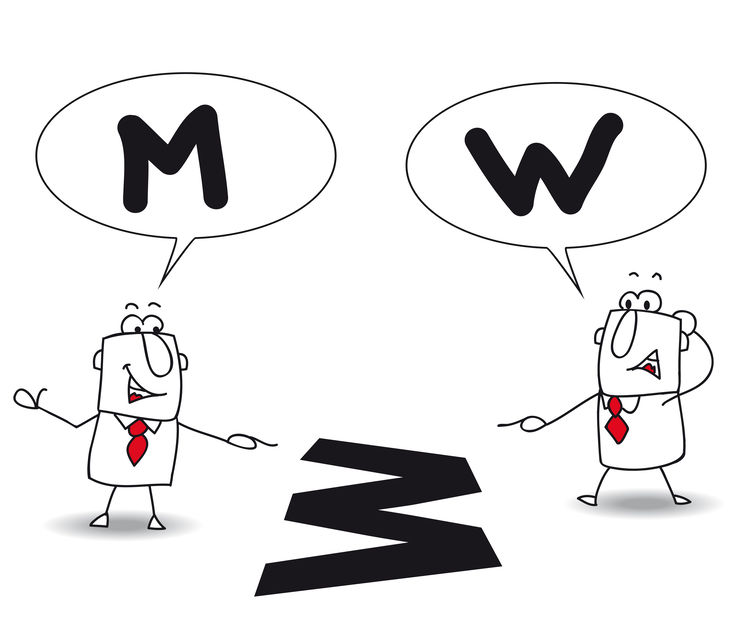Using Diplomacy to Create an Agreeable Situation

We interact with people on a daily basis. And it’s highly likely the majority of these interactions are pleasant ones.
However, the inevitable time will come when you disagree with someone on a subject or situation. Do you stand your ground, defending your point of view? Do you give in to avoid an argument? Or do you exercise diplomacy by listening to your counterpart and doing your best to create a win-win scenario?
What is Diplomacy?
Your awareness and understanding of various situations and the people involved in them is at the core of being diplomatic. In short, diplomacy is the ability to perceive a situation as your counterpart does and use this information to diffuse any tension or misunderstanding between you.
It is a useful skill in both social and professional worlds. You never know when you might find yourself in a situation of relationship where agreements need to be made in light of a new event or emerging difference of opinion.
When exercising diplomacy, you evaluate an event or situation before you begin talking it out, taking action, or attempting to solve any part of it. You give mindful attention to the possibility of offending another person or, worst case scenario, setting off a powder keg of emotions, thus ending the possibility of a mutual understanding.
Rules of Engagement
Tact is the art of making a point without making an enemy.
~ Sir Isaac Newton
All relationships have their tense moments and disagreements. Knowing how to navigate these is the only way a compromise or understanding can be reached.
For example:
- You’re tired of doing the same stay-at-home every weekend, but your partner has lesson plans to prepare for. If a standoff is waged, both of you lose.
- You’re at work and a fellow employee has complained to your boss about what she considers your “privileged” position. You know the demeanor of both people and realize that you have to choose your words very carefully, make a case for yourself, but try to understand where your co-worker is coming from.
The ultimate goal is to find a win-win for all involved via tactful conversation. Keeping this goal in mind should help make the following rules of engagement easier to follow:
- Do not interrupt when the other person is speaking.
- Do not blame or accuse.
- Do not bring up the past.
- Do not make demands.
- Stand down with the drama.
- If you feel your emotions are taking charge, acknowledge this to the other person and take a break.
If your time for discussion of a disagreement is not an impromptu one, you’ll have an opportunity to give more thought to how the conversation might go. Part of your preparation should be seeing the situation from the other side’s point of view.
This will help prepare you for not only what the other person(s) may want or say, but will help you prepare an appropriate response and prevent any knee-jerk reactions that could send the discussion into a spiral.
Some other things to consider in your preparation are:
- Make sure the time for the discussion and place to meet is agreed upon by all involved.
- Assume an upright posture inside and outside. You are a person of honor and intend to respect the other person(s). Your face is not frozen in frown.
- Offer the other person(s) to go first in sharing their concerns.
- Insist that everyone speak from the “I” point of view and speak slowly.
- Listen with all your heart. Listen to understand -- not to gather evidence against.
- Clarify your understanding of the other person’s feelings and perception by paraphrasing what they have said and giving the opportunity to show agreement.
- Aim for thinking “outside of the box,” and be open to new ideas.
- Look for ways for everyone to gain something, to be better off than they would have been had you not had the conversation. Give up any “must win” mentality.
- Speak the other person’s name and look them in the eyes throughout the conversation.
Diplomacy is about coming to terms with competing values and priorities. There are bound to be conflicts and no relationship is perfect.
No one should be asked to abandon their beliefs. By practicing diplomacy, you can stand up for your beliefs in the midst of others standing up for theirs. Kindness and firmness are not enemies.














